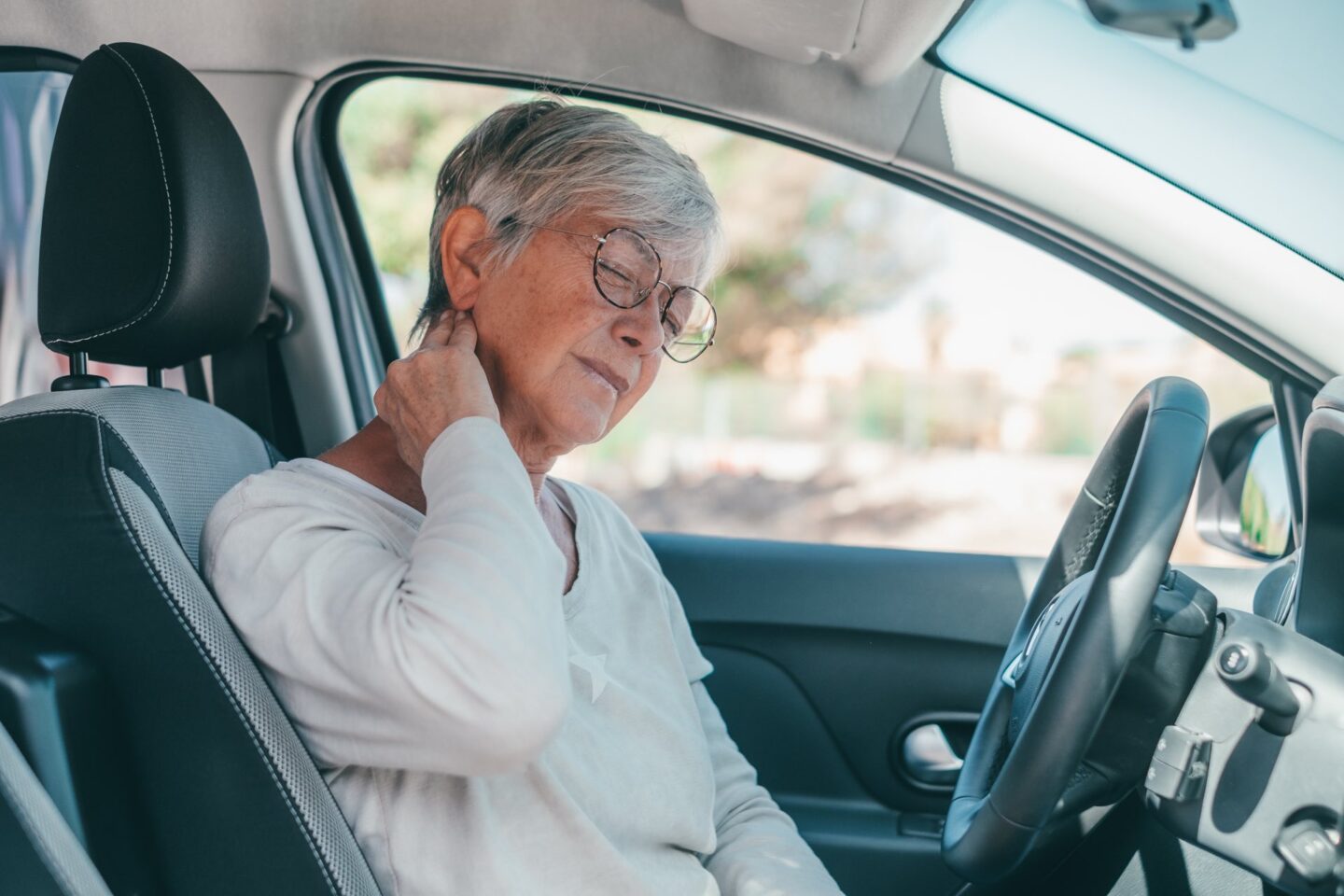You know the feeling. You’re rear-ended in traffic, heart pounding, unsure what just happened—but the other driver jumps out looking panicked. “I’m so sorry!” they say.
And without even thinking, the words come out:
“It’s okay. I’m fine.”
It’s a reflex. Especially here in Seattle. We’re known for politeness, for avoiding conflict, for saying “no worries” even when there are worries. That culture of calm has its charm—but when you’ve just been in a car crash, it can seriously backfire.
Being Polite Might Cost You More Than You Think
As a personal injury attorney in Seattle—and someone who’s been through a collision myself—I’ve seen what happens when people downplay their injuries.
They’re shaken, in shock, maybe embarrassed or worried about holding up traffic. They don’t want to make the other person feel worse. So they say they’re okay, decline medical attention, and head home trying to shake it off.
But here’s the problem:
Saying “I’m fine” after a car accident doesn’t just hurt your chances of recovery—it can hurt your case.
My Own Wake-Up Call After a Crash
I’ve lived this.
After my own car accident, I said the same thing. “I’m fine.” I meant it. I believed it. I was in shock.
But later that evening—once the adrenaline wore off—I felt it. My neck started to tighten. The ache set in. I realized something wasn’t right. I wasn’t fine. I just didn’t know it yet.
Looking back, I wish I’d paused. I wish I hadn’t tried so hard to be calm and composed. That moment changed the way I approach injury cases forever.
Why This Happens—Especially in Seattle
“Seattle Nice” is real. It’s that urge to smooth things over, not make waves, not be a burden. And while that instinct is part of what makes this city special, it can be a problem when you’re in a vulnerable moment.
Here’s what I see over and over:
- People decline a police report to “keep things simple”
- They delay going to the doctor, assuming pain will pass
- They hesitate to call their insurance or ask questions
- They say they’re okay—just to avoid seeming dramatic
But car accidents aren’t drama. They’re trauma. And just because you didn’t get carted off in an ambulance doesn’t mean you walked away unscathed.
Why “Feeling Fine” Can Be Misleading
A lot of injuries don’t show up right away. Neck pain, whiplash, concussions, even back injuries often take hours—or days—to surface. And when you delay reporting or seeking care, you create gaps in your timeline that insurance companies love to exploit.
That’s why it’s critical to protect yourself early, even if the accident seems minor.
If You’ve Been in a Car Accident in Seattle—Here’s What to Do
Whether it’s a fender bender or a bigger collision, here’s how to protect your health and your case:
✅ 1. Don’t Say You’re Fine Just to Be Polite
You don’t have to make a scene—but you also don’t need to downplay how you feel. Say you need time to assess. It’s okay not to know in the moment.
✅ 2. Always Report the Accident
Call the police. Get a report. Even if it’s minor. This creates a record in case injuries develop later.
✅ 3. See a Doctor Within 24–48 Hours
Neck and back injuries are often delayed. Seeing a doctor not only protects your health—it documents your pain.
✅ 4. Take Photos and Exchange Info
Get license plates, driver’s license info, photos of both vehicles, and any visible injuries—even if you’re unsure you’ll need them.
✅ 5. Trust Your Gut—and Take Care of Yourself
It’s okay to want to keep things calm after a collision, especially if the other driver is apologetic or seems shaken up. But remember—being kind doesn’t mean ignoring your own needs. You can handle the situation with compassion and still make sure you’re protected medically and legally.
You Can Still Be Kind—And Stand Up for Yourself
There’s nothing wrong with being polite. But after a crash, being quiet, agreeable, and conflict-averse can come at a steep price. You can be respectful and protect your rights.
If you’re dealing with neck pain, delayed symptoms, or just not sure what to do after a minor car accident in Seattle—you’re not alone. I’ve been there.
Let’s Talk. No Pressure, No Judgment.
If you’ve been in a crash and don’t know whether to file a claim, call your insurance, or see a doctor—let’s talk it through. I offer free consultations and straight answers from someone who’s been in your shoes.
Schedule a free consultation and get the clarity you deserve.
